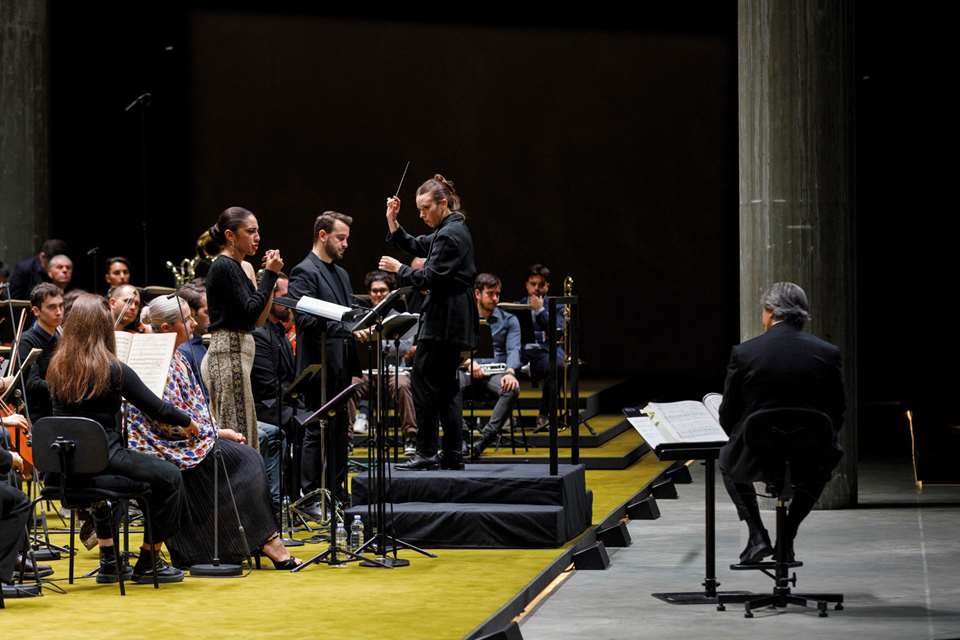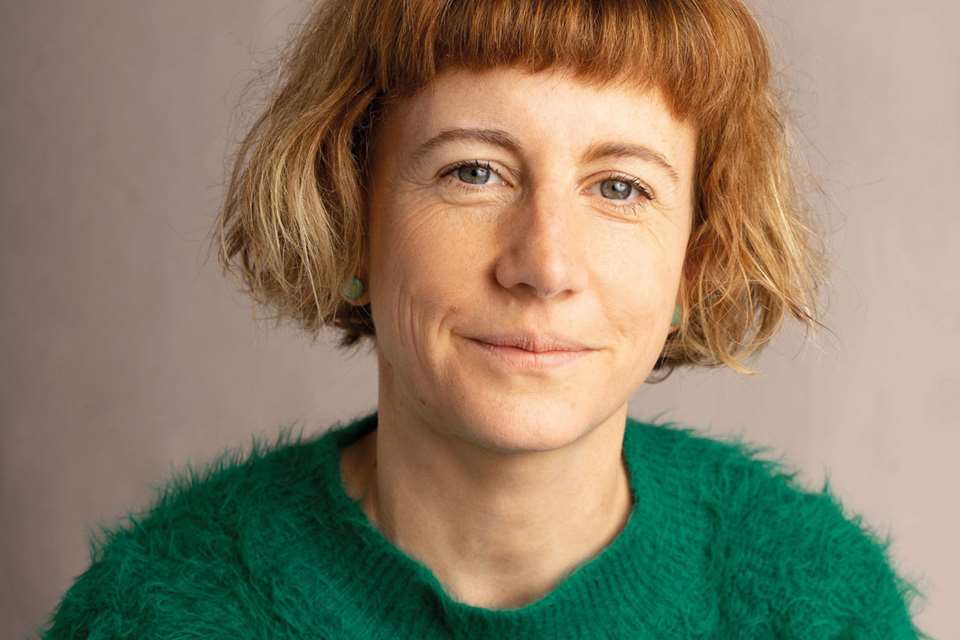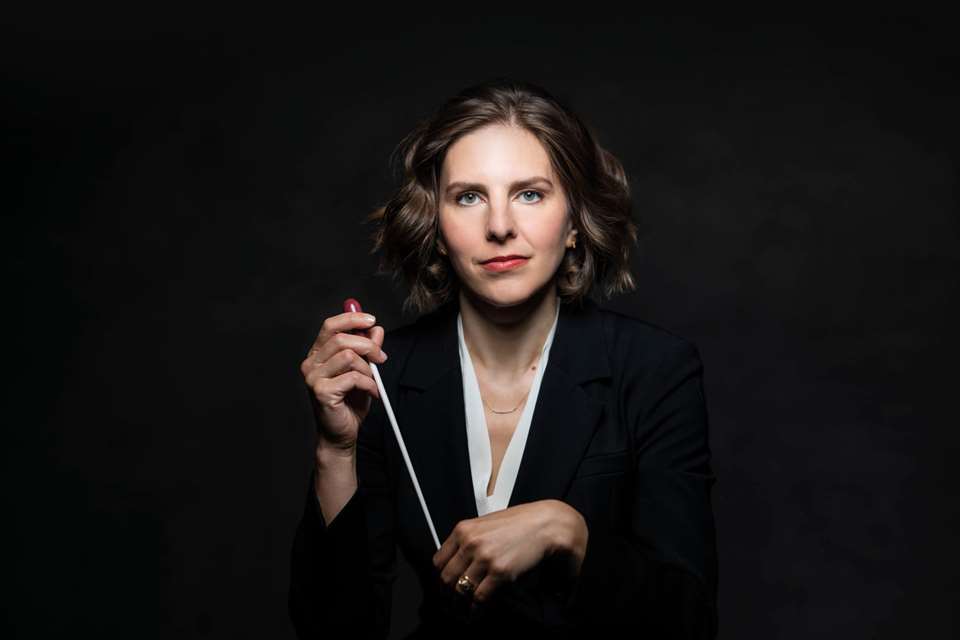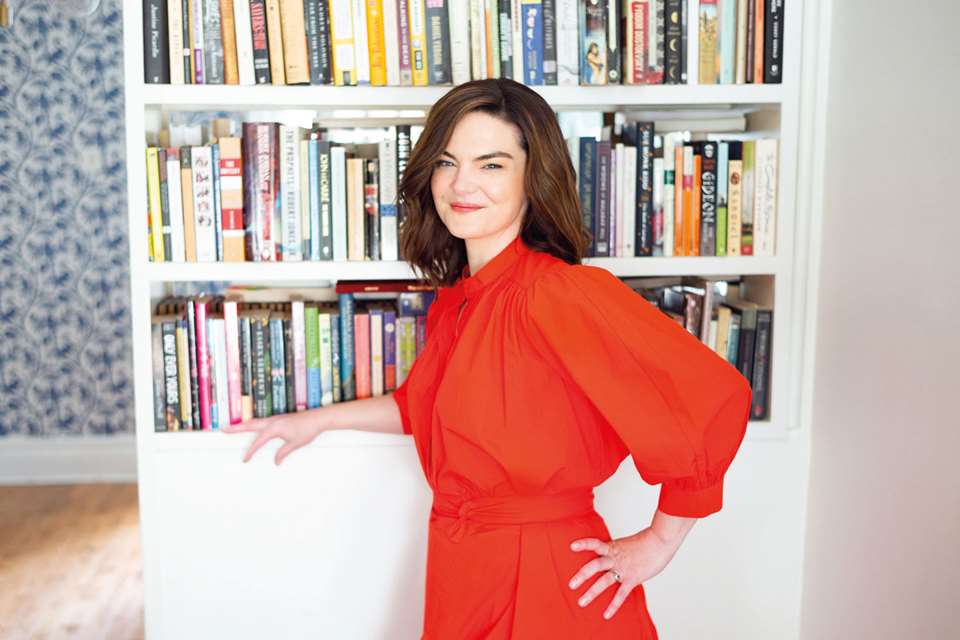Director Damiano Michieletto brings Carmen to life: ‘It will be rural, poor, dirty and sweaty, with a burning sun like a western movie’
Stephen Pritchard
Thursday, April 4, 2024
Damiano Michieletto’s new production of Carmen for the Royal Opera House brings a renewed focus on relationships and psychology to Bizet’s renowned score
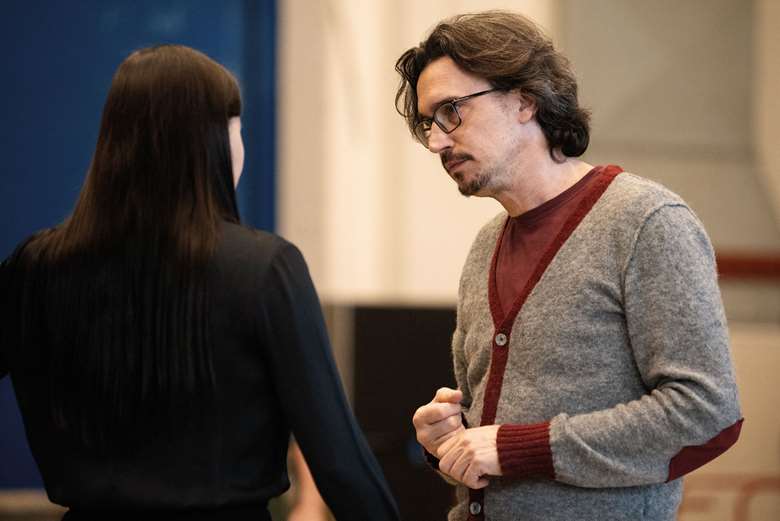
Register now to continue reading
This article is from Opera Now. Register today to enjoy our dedicated coverage of the world of opera, including:
- Free access to 3 subscriber-only articles per month
- Unlimited access to Opera Now's news pages
- Monthly newsletter





